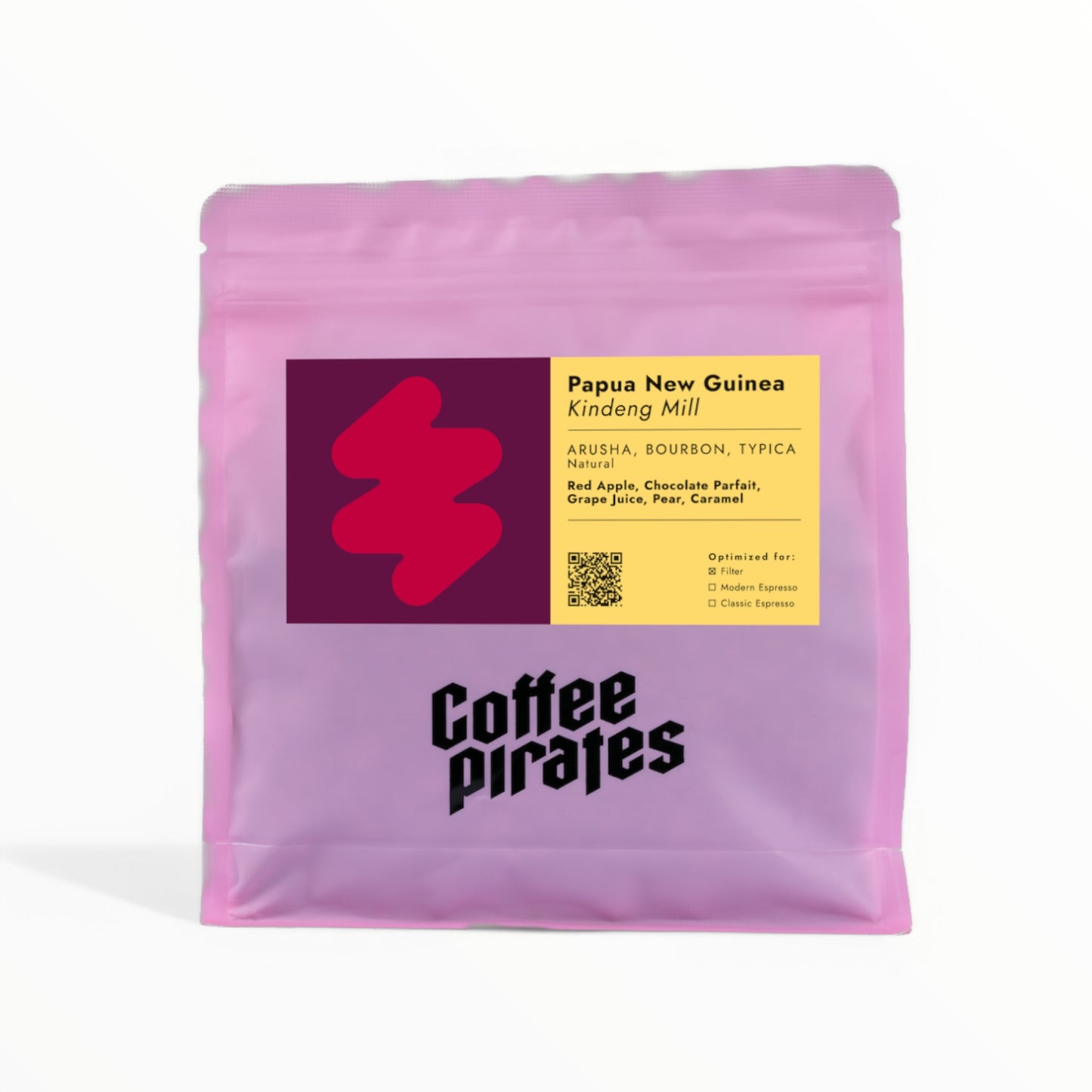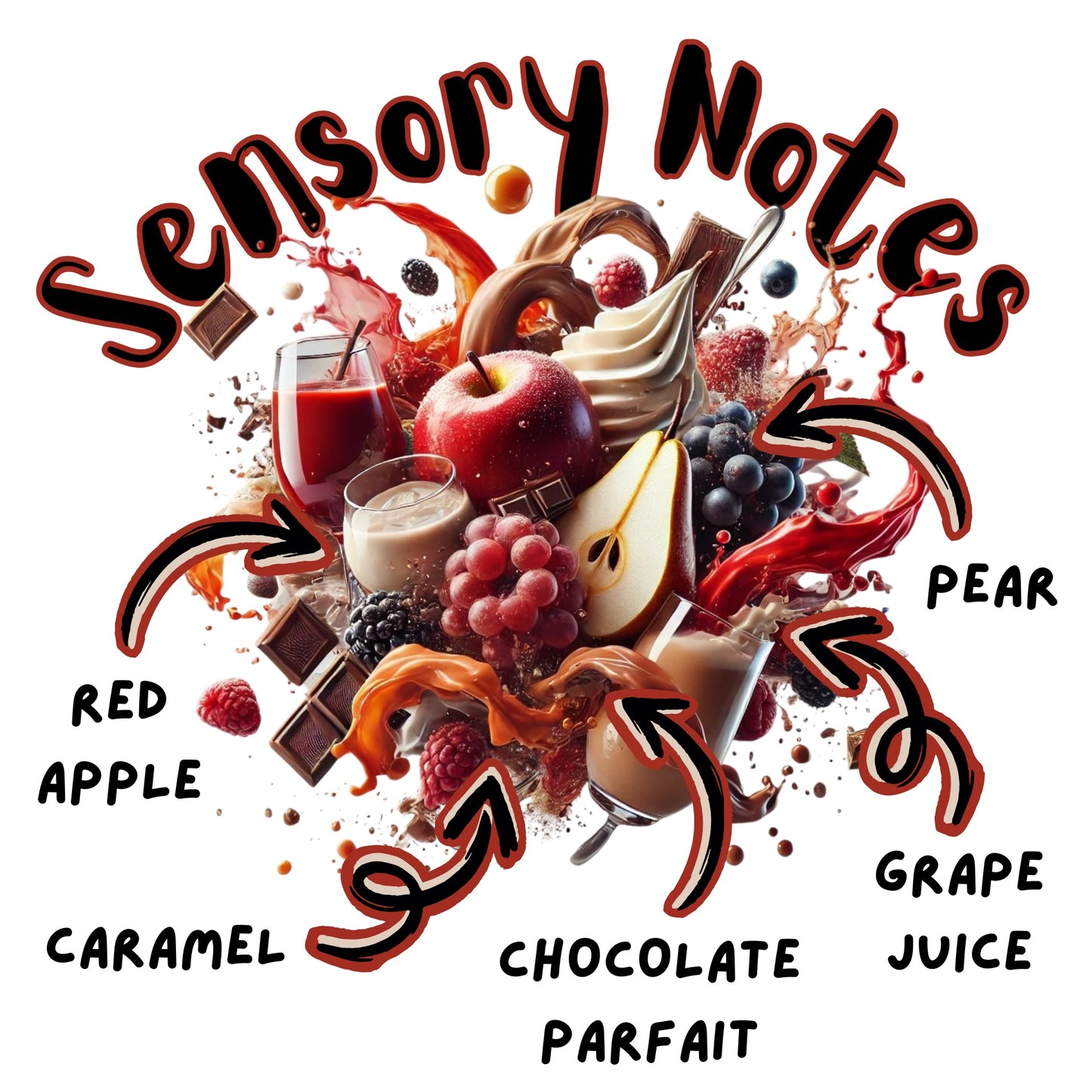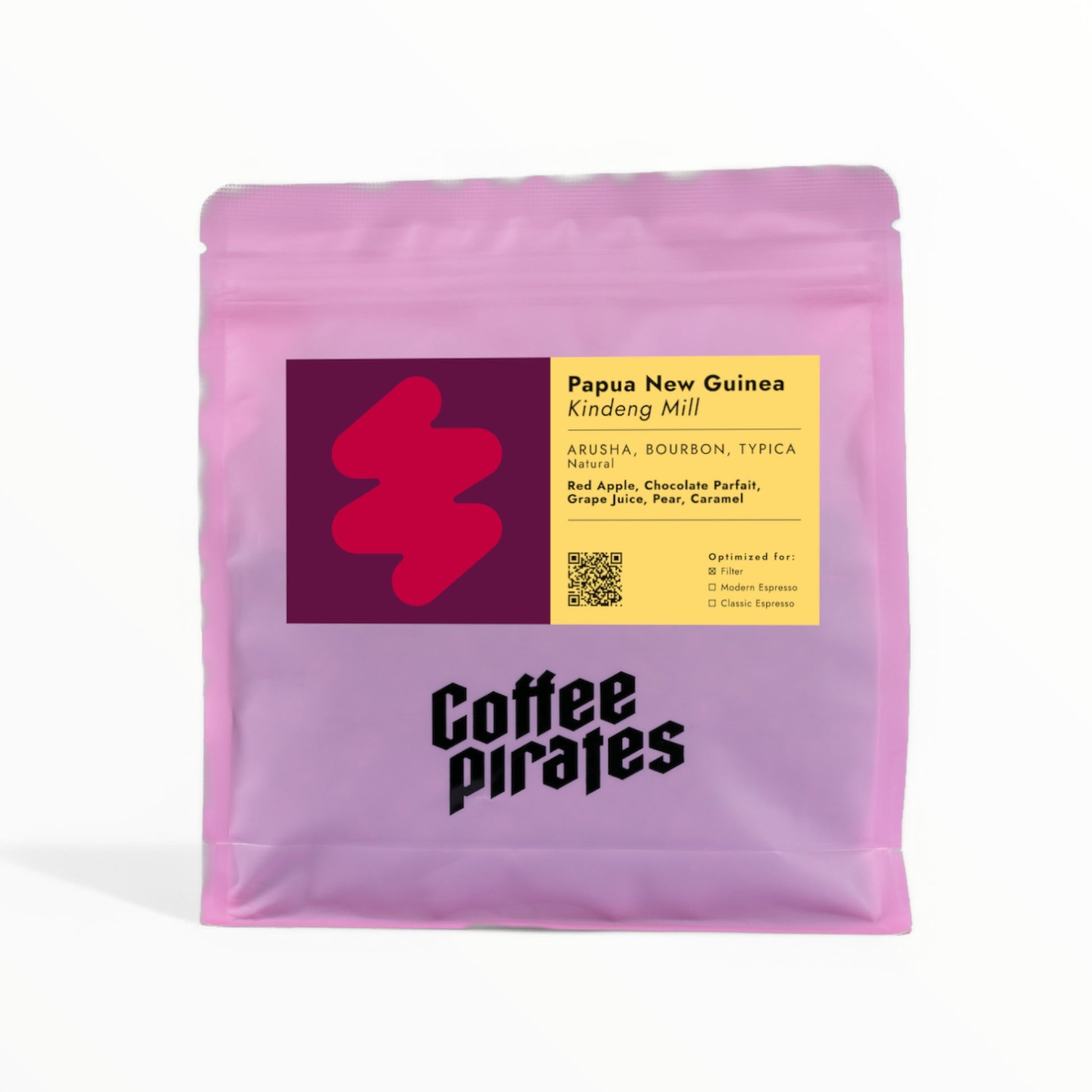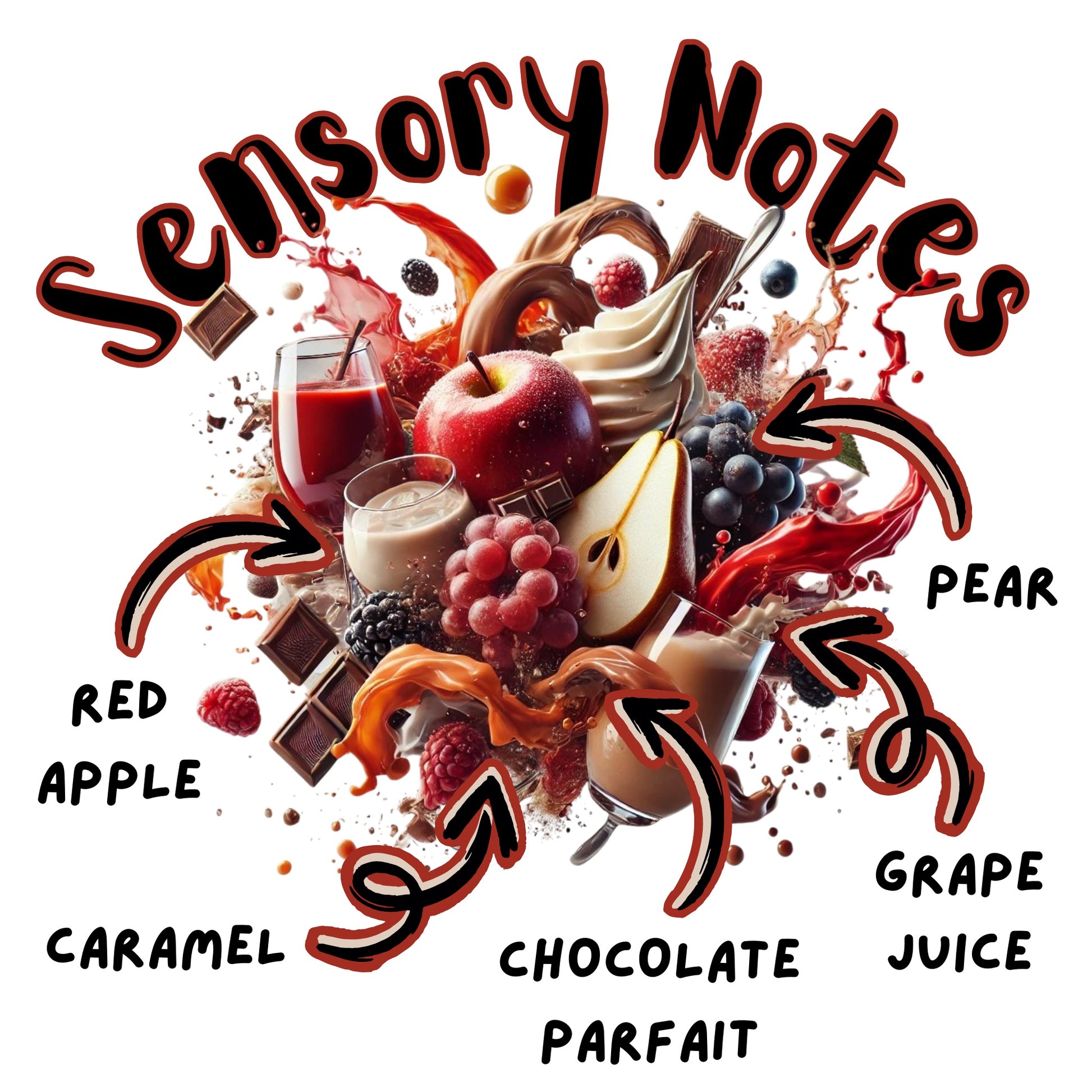Papua New Guinea Kindeng Mill
Papua New Guinea Kindeng Mill





Couldn't load pickup availability
How Much & How Often
How Much & How Often
Not sure how much coffee you need?
| Cups a week | 250g bag |
| 1-4 | 1 bag a month |
| 5-8 | 2 bags a month |
| 9-12 | 3 bags a month |
| 13-16 | 4 bags a month |
1 cup of coffee = a 240 ml serving based on a 1:16 brew ratio
For example, if your brew ratio is 1 to 16 (often expressed 1:16, or 1/16), then for every one part coffee, you use 16 parts water. In other words, to prepare 1 cup of brewed coffee you would use 15g of ground coffee and 240 ml of water.
Shipping & Delivery
Shipping & Delivery
We ship daily from Monday to Friday from our locations in Vienna. The minimum order value is €20.
Deliveries in Austria
- 2-4 business days
- Free at €35
- €4.50 shipping for orders below €35
Deliveries to Germany
- 2-7 business days
- Free at €70
- €9.90 shipping for orders below €70
Deliveries to countries within the EU, other than Germany
- 3-10 business days
- Free at €70
- €14.90 shipping for orders below €70
Ethically Sourced, Fairly Paid
Ethically Sourced, Fairly Paid
We work closely with coffee farmers and reliable partners to ensure fair wages and transparent relationships.
Behind the Cup
Behind the Cup
In the contemporary global coffee industry, Papua New Guinea is wholly unique both in how coffee is harvested and exported from the country. While there are some estates and plantations, most coffee production comes from smallholder farmers, each with around 1–2 hectares of land called “gardens” on which they grow small amounts of coffee along with whatever else a family or community might need for use or sale.Sourcing coffee in Papua New Guinea poses unique logistical, cultural, and linguistic challenges. The country’s many indigenous populations are often very distinct from one another in terms of custom and language, and individual communities might comprise only a few hundred people, making communication and the cultural sensitivity required to do business here
more difficult than in other coffee-growing regions. Less than 10 percent of the population is connected to or uses the Internet for communications, and there are roughly 55 telephones (both fixed-line and cellular) for every 100 people.
The predominant economy of the Western Highlands is coffee accounting for 20% of the country's total production. The land is densely forested and dramatic with mountains and river valleys experiencing cool average temperatures. Generational producers have grown coffee under shade along with other subsistence crops. Today, specialty coffees from places like Waghi Valley are gaining notoriety for the unique flavor profile of the region.
This coffee was sourced by Café Imports in Berlin. (Thanks, Daniel!) It comes to us from the Kindeng Dry Mill, located in the Jikawa province of Papua New Guinea. It is a blend of coffee purchased in cherry from about 1500 multiple smallholders located in the Kindeng and Arufa municipalities. The average farm size of producers in this area is about 1-2 hectares, and the soil is generally sandy loam and loamy clay. Although this offering is not traceable down to a single variety, it is comprised of Arusha, Bourbon, and Typica — the most commonly cultivated varieties in this region. Naturally-processed coffees from Papua New Guinea are quite rare, but Café Imports has been sourcing them since the early 2020's. When it comes to this process, only the ripest cherries are used as the amount of time necessary to dry and cure these coffees fully is extensive. After cherries are harvested, they are hand sorted and placed on raised beds for an average period of 3-4 weeks until
fully dried. During this time, the cherries are moved by hand on a regular basis to ensure an even moisture content throughout the lot. Once the coffee is adequately dried, it is placed into bags, stored in a cool and dry warehouse, hulled,
milled, and prepped for export.






Reviews in Other Languages
Exzellentes Aroma, schön helle milde Röstung.
Einfach super lecker. Und die whg riecht danach ur gut Geschmack grandios!!!!


